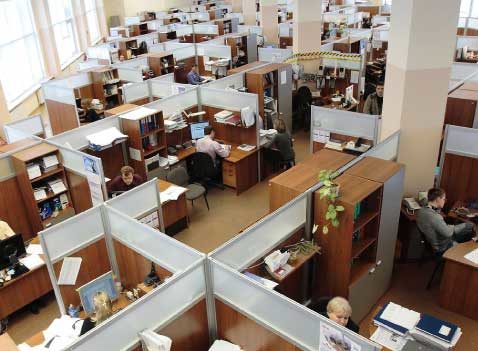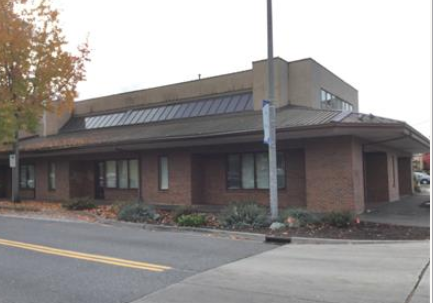The growth of Seattle commercial real estate is tied to the economy and that is tied to job creation. It is not enough to say that King County has 30% of the population in the State of Washington and ignore the other 70 per cent. It is more informative if we look at the type of jobs, their pay ranges, and demand. First and foremost are jobs in the tech sector. We currently rank behind only Silicon Valley for pay on a nationwide scale. The salary range here is between $127-134,000. There is more demand for these jobs than any other, but what is even more interesting is the demand for jobs in the number two slot and that is for nurses. Here the median income is about $84,000. What is more significant is how this translates into commercial real estate demand.
The housing yardstick is for rent to be in the thirty per cent range for housing. That means that the tech employee can afford the higher rents in the newer projects being built in Seattle. Not so in the case of nurses who need more “Affordable” housing (link to prior articles). We are looking for slots for almost 8,000 nurses, more than our nursing schools are graduating. We see a flow of these professionals largely from Canada. More importantly, because of the need for affordable rents, it is driving multi-family projects stimulating growth in Pierce County to the south and Snohomish County to the north. This in turn puts pressure on infrastructure to provide transportation that is, in and of itself, affordable.
Seattle commercial real estate is further stimulated by the growth in tourism as evidenced by the Alaska Cruise business and the expansion of the State Convention Center. This is all the good news.
The not so good news is the bill pending in the State Legislature that targets King County and enables the reincarnation of the Amazon Head Tax squashed last year in the City of Seattle. This enabling legislation would generate projected taxes of approximately $112 Million targeted specifically to homelessness, affordable housing and mental health care. The effect of this tax burden on the growth, attitude, and appetite for business to continue its upward trajectory in Seattle and its affects on Seattle commercial real estate are yet to be determined. The pace of construction is already slowing in Seattle against 2018. Seattle Commercial Real Estate professionals are watching for signs of weakness and are looking for opportunities outside the downtown core area. Stay tuned…




